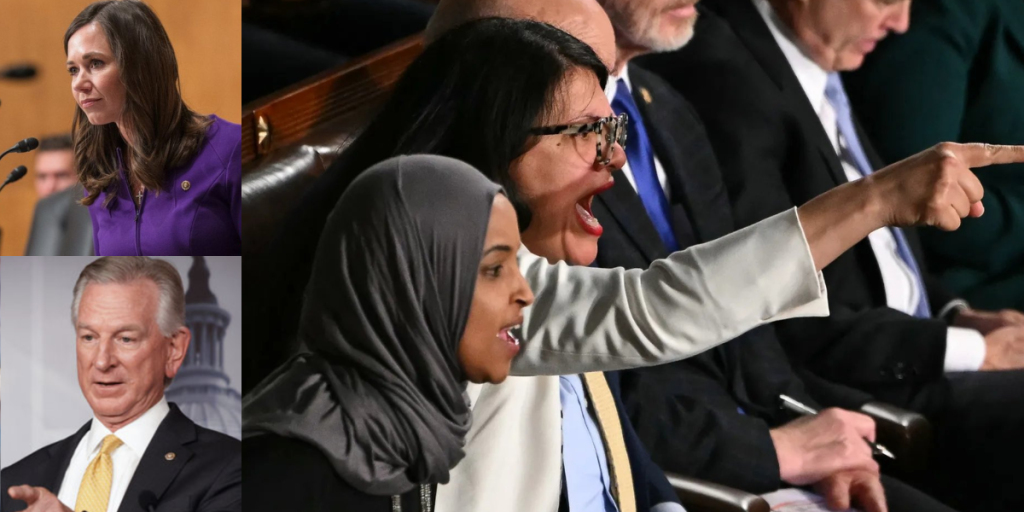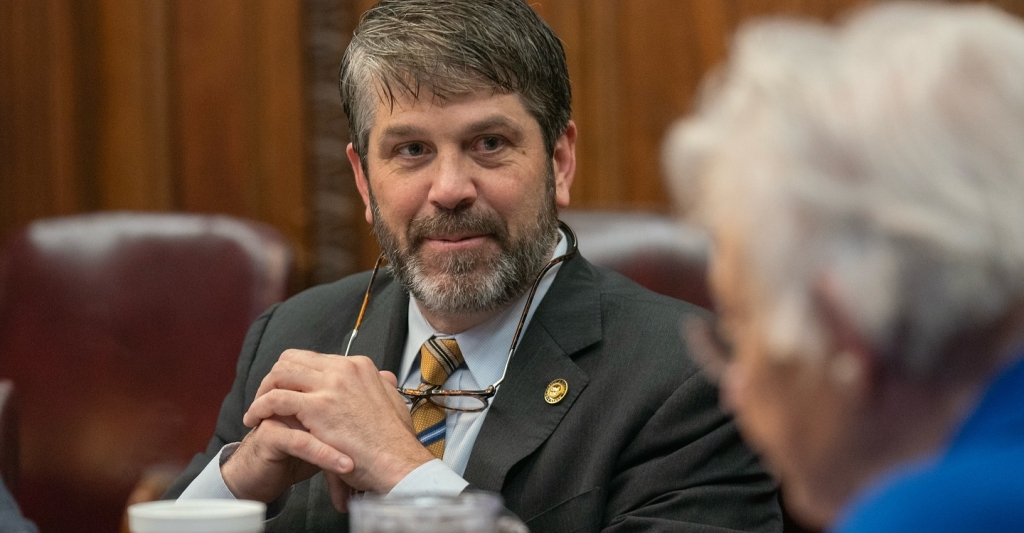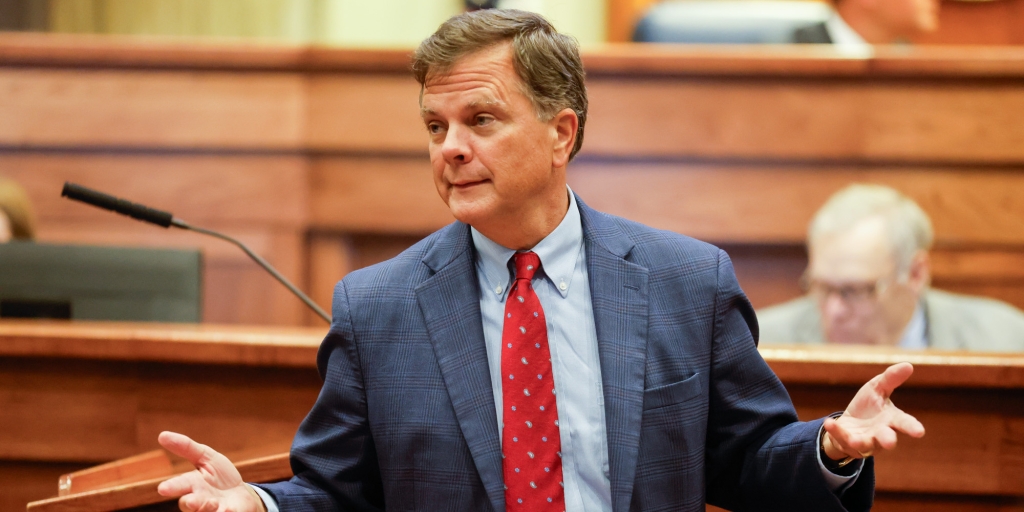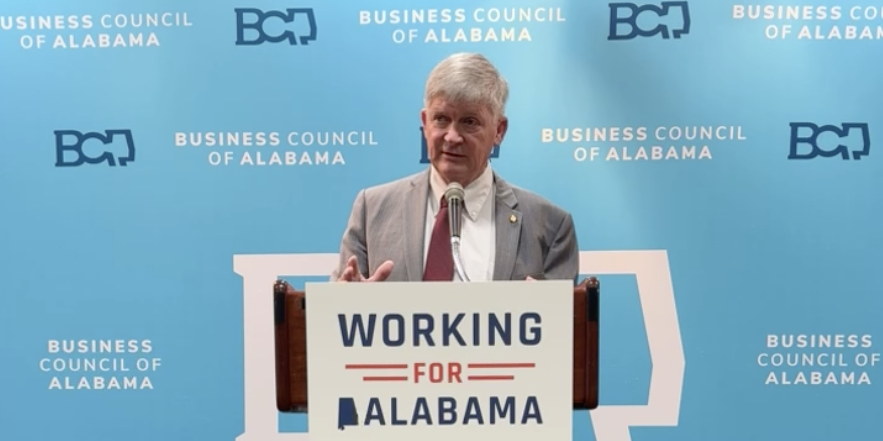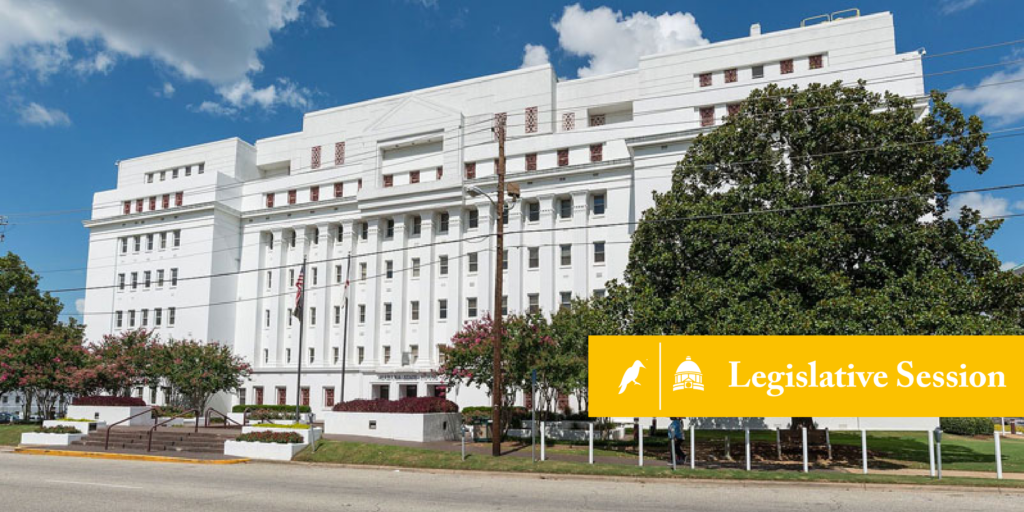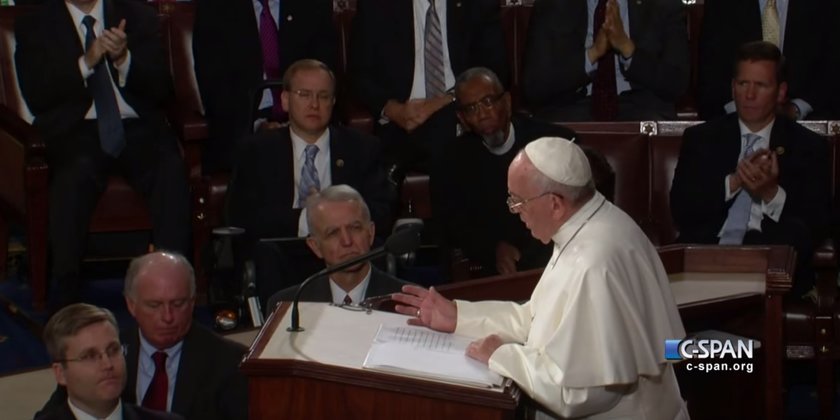
If you have ever visited Auburn’s Jule Collins Smith Museum of Fine Art, you may have seen an impressionist painting by an artist like Claude Monet. Stand too close to the painting, and all you will see are blurry shapes that are hard to make out and difficult to recognize. But if you take a few steps back and view the painting as a whole, it quickly makes sense, comes into focus, and allows you to fully recognize and appreciate what you see.
That’s also an apt way to describe the methods that were used to fund the state agency spending plan that was passed during the recently completed special session.
After reading newspaper accounts written following the session’s adjournment, for example, several constituents have called and e-mailed inquiring as to why the Legislature diverted classroom dollars to help balance the General Fund budget. The short and truthful answer is, “We didn’t,” but the explanation, like the painting referenced above, is complex and composed of several different parts. Allow me to explain.
The Legislature did, in fact, approve a transfer of 56%, or $80 million, in Use Tax proceeds from the Education Trust Fund to the General Fund. But that is only half the story. We also passed a bill that will not only help replenish those funds, but also increase public education classroom spending going forward.
Alabama’s General Fund faced a roughly $200 million shortfall because the taxes that fund it are stagnant and hold little to no significant potential for growth. By transferring some Use Tax revenues and dedicating a percentage of its proceeds to state agency funding in future years, we began to address that shortfall and lessened the need for tax increases. The Use Tax is a sales tax on goods that are purchased outside Alabama but used within the state, and its revenues increase when the economy is good, and flatline or decrease in down cycles.
In order to replenish the education funding, we passed another piece of legislation that adjusts a formula we put into place last quadrennium to prevent proration of the education budget. Alabama law currently requires us to allocate education dollars based on a 15-year rolling average of actual revenues, and any money above that cap goes into the Budget Stabilization Fund, which is tapped when and if the potential for proration arises.
In the five years since Republicans gained control of the Legislature, proration has not occurred a single time, so the reserve account is, in a sense, larger than it needs to be. The bill we approved adjusts the rolling reserve formula and lessens the amount that must be withheld, which, in turn, frees up funding to immediately replace the dollars that were transferred. More importantly, it will actually increase public education funding in future years.
State School Superintendent Tommy Bice, who fiercely protects school dollars, was in full support of the Use Tax transfer and encouraged legislators to vote in its favor because of the positive impact on education funding going forward. He also made public statements endorsing the Use Tax transfer.
In short, by utilizing the Use Tax transfer, we avoided a General Fund budget crisis, prevented a state government shutdown, and actually increased funding for public schools in the coming years. Viewed through any prism, that’s a win-win-win situation for the teachers, schoolchildren, and taxpayers of Alabama. Anyone who tells you otherwise is either uninformed or likely spreading a known falsehood for purely partisan political motives.
I am proud that we were able to find a suitable solution to Alabama’s fiscal crisis without implementing broad-based taxes on Alabamians. In fact, the only consumer tax enacted was a 25-cent increase on a pack of cigarettes, and there was good reason for that.
Most of Alabama’s General Fund woes can be attributed to skyrocketing costs in the Medicaid program, and those increases are largely caused by the demands of Obamacare compliance and the strains of treating smoking-related illnesses among the program’s participants.
A 2014 study by the Centers for Disease Control and Prevention found that 37% of adult Medicaid recipients are regular smokers compared to only 20% of the general population. By earmarking the $66 million in revenues from the tobacco tax levy to the Medicaid agency, smokers who receive Medicaid benefits can help fund their own treatments.
The Fiscal Year 2016 General Fund budget that was passed by the Legislature and signed by the governor funds the essential functions of government, it provides the investments needed to prevent a federal takeover of the state’s prison system, and it ensures that services like state trooper patrols, child support collections, and others will continue uninterrupted.
At the same time, the spending reductions that some agencies sustained will continue our efforts to right-size state government and save precious taxpayer dollars.
This year’s budgeting process was long and difficult, but, in the end, taxpayer needs were met and education funding was protected. I consider that a victory for all Alabamians.
Mike Hubbard (R-Auburn) serves as Alabama’s Speaker of the House and represents District 79, which encompasses much of Lee County. Follow Speaker Hubbard on Twitter via @SpeakerHubbard and Facebook at facebook.com/MikeHubbard79.




